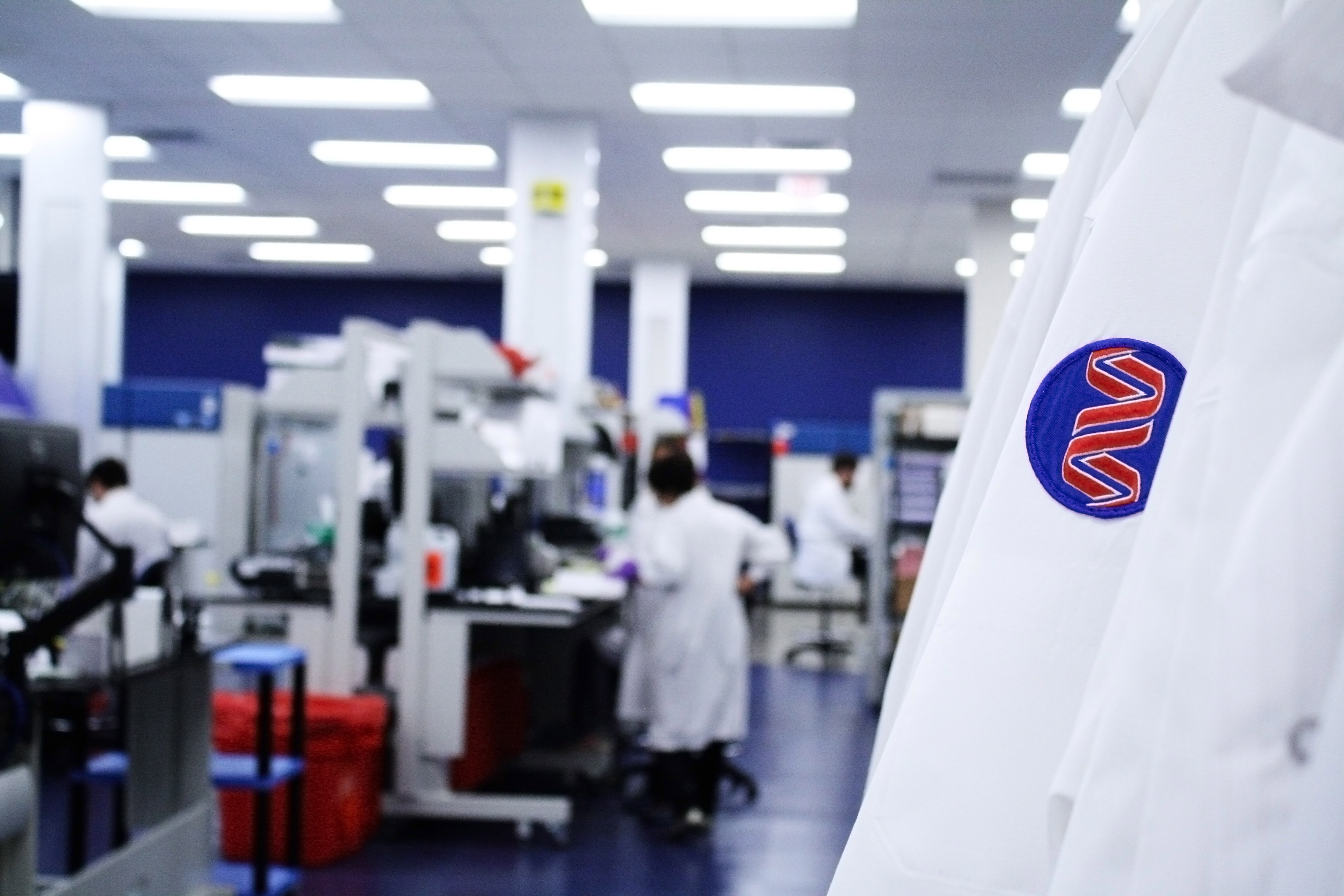The Quality Management System at Sonic Reference Laboratory (SRL) is based on the 12 Quality System Essentials (QSEs) from the Clinical & Laboratory Standards Institute (CLSI). The policies and procedures built upon this foundation help SRL deliver accurate, timely, cost-effective and exceptional services to our clients.
SRL is accredited by the College of American Pathologists (CAP) according to the Clinical Laboratory Improvement Amendments (CLIA). Showing commitment to quality, SRL has gone a step further to achieve ISO15189 accreditation, an international quality standard for medical laboratories. SRL maintains all applicable licenses and permits as required by state or local regulations. Participation in external proficiency testing (PT) programs not only fulfills the requirements of regulatory agencies but also helps to ensure the accuracy and reliability of testing performed by SRL.
| Certificates | ID Number |
|---|---|
| California | CDS 00800547 |
| CAP ISO 15189 | 9005395 |
| CAP | 9005395 |
| CLIA | 45D2083658 |
| Maryland | 2246 |
| Florida* | |
| New York | PFI 8922 |
| North Carolina | HIV2015007 |
| Pennsylvania | 34171 |
| Rhode Island | LCO01184 |
| West Virginia | 45D2083658 |
* Florida licensure no longer required, effective July 1, 2018. Please reference Florida Licensure Program for additional details.


SRL is committed to exceeding customer expectations by providing the highest quality of service. The dedicated SRL Customer Service team provides prompt daily feedback to all clients regarding issues such as specimen acceptability or unclear ordering patterns. Specimen rejection and exception information is trended, reviewed, and shared regularly with all clients to identify opportunities for improvement and work jointly on improving patient care.
SRL leverages the power of data and information technology to measure and monitor many different metrics from the pre-analytical, analytical and post-analytical phases of testing. Data helps drive quality in the management of all aspects of the laboratory. Daily quality control monitors and real-time analytic tools are used to evaluate shifts and trends in patient results and quality control values. These systems and process checks ensure consistency and accuracy during the testing process and enable proactivity in addressing potential problems. Opportunities for improvement are addressed using methods such as Lean and Six Sigma.

